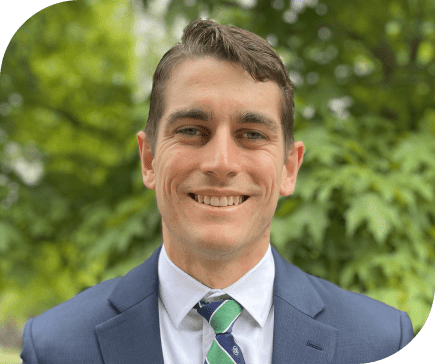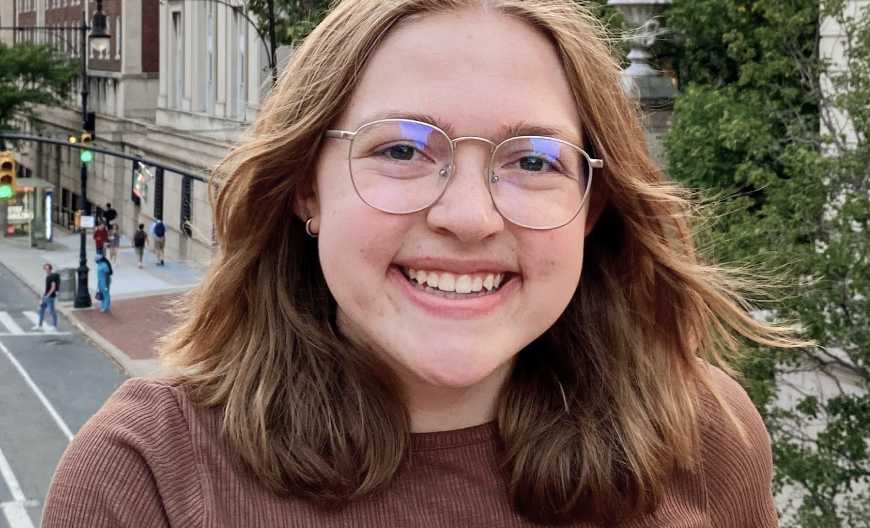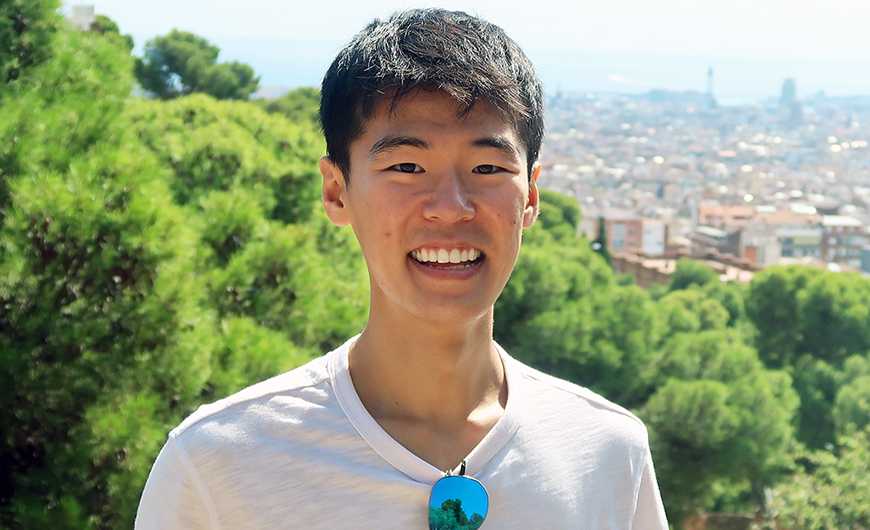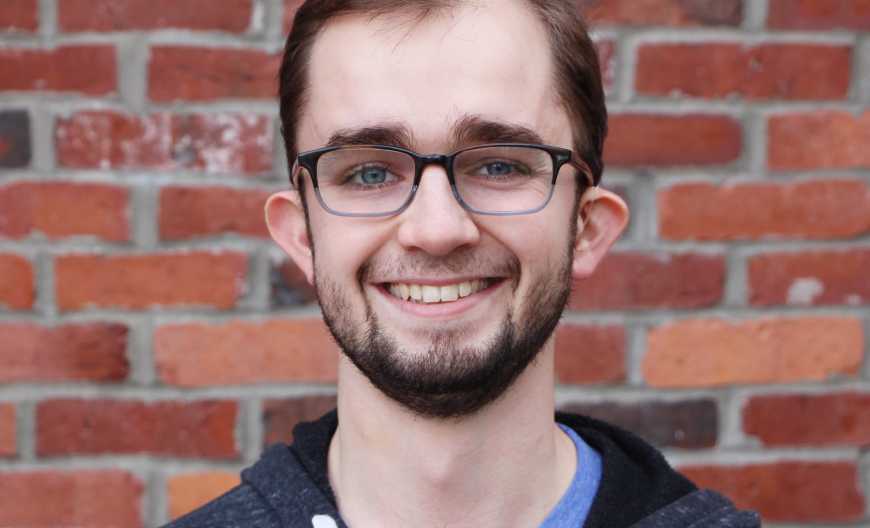Meet Alumni:
Braeden Benedict
2011 Young Scientist Challenge Winner
Braeden is currently a medical student at Washington University in St. Louis, with an interest in neurosurgery. After participating in the 2011 3M Young Scientist Challenge, Braeden continued working on his innovation and received his bachelor’s degree in electrical engineering.
What have you been up to since participating in the 3M Young Scientist Challenge?!
Quite a bit, it's been 12 years! Briefly, I kept doing concussion and other brain-related research in high school. I got an undergraduate degree in electrical engineering and got a master's degree in bioengineering before realizing I wanted to go to medical school. During my graduate studies, I worked on millimeter sized neural recording and stimulation implants which use ultrasound for power and communication. Between then and beginning medical school at Washington University in St. Louis, I worked for a year at Lawrence Berkeley National Lab where I helped make electronics for projects ranging from neural recording implants to gamma ray detectors. This past year, I also got married!
You’re in medical school now. Can you tell us more about your journey there and what you’re studying?
It was not a direct journey, since I've always been interested in many things and am not good at making decisions. I couldn't decide for many years whether I should go to graduate school, or medical school, or both. I decided to go to graduate school for bioengineering before eventually changing my mind, dropping out (with my master's degree), and starting medical school. I certainly wish I had figured this all out sooner, but I'll get there eventually. Right now, I'm still learning the basics of medicine and how to be a physician, but I'm very interested in neurosurgery. I'm currently doing research on nerve compression, improved spinal fusion through electrical stimulation, and using daily preoperative surveys and activity tracking to predict outcomes of spine surgery.
You were the 2011 3M YSC winner. Did your experience participating in the 3M Young Scientist Challenge affect your academic/career paths? If yes, how?
I would likely not be in medical school today if it weren't for [3M]YSC. The project I did for [3M]YSC was what got me interested in concussions, the brain, and medicine in general. In the course of doing my project, I spoke with physicians and other medical professionals, and these were some of my first exposures to the medical field.
What advice do you have for a student who is considering entering the 3M Young Scientist Challenge?
Identifying and trying to solve a real-world problem is a daunting task. Be on the lookout for problems you see in your everyday life and don't be discouraged when you realize you're not the first one to try to solve that problem. I remember some of my initial ideas from back in 2011 when I was applying: cameras on the sides of cars/trucks to reduce blind spots (already invented), pressure sensors built into tires to monitor pressure to improve gas mileage (already invented), new urinal shapes to reduce splashing (gross). Even my eventual idea to put sensors on helmets to monitor for concussive impacts had already been done in a different form. That's ok, science and engineering are done by building on the work of others. The point is, you have to keep asking questions and realize that it's REALLY HARD to come up with a 100% brand new idea that's also a good idea! It's unlikely to happen on your first try, so don't give up.
What is your favorite element on the periodic table and why?
Platinum. It's a valuable metal, and when I proposed to my wife it was with a ring made from platinum. It is also biocompatible and makes a good electrode material for implants, which is how I'm currently using it in my research.

“Being a finalist was an amazing opportunity that opened up many doors for me and changed my life by starting my interest in the brain and medicine. ”
Braeden Benedict
2011 Winner




